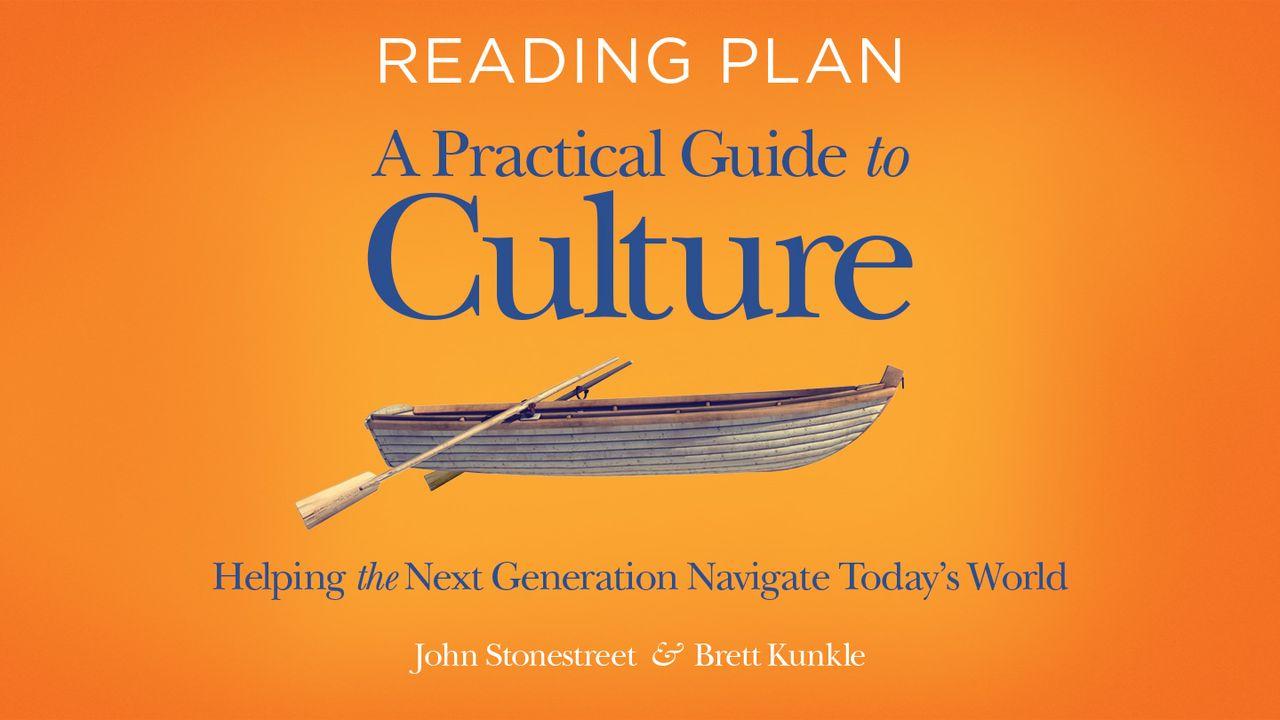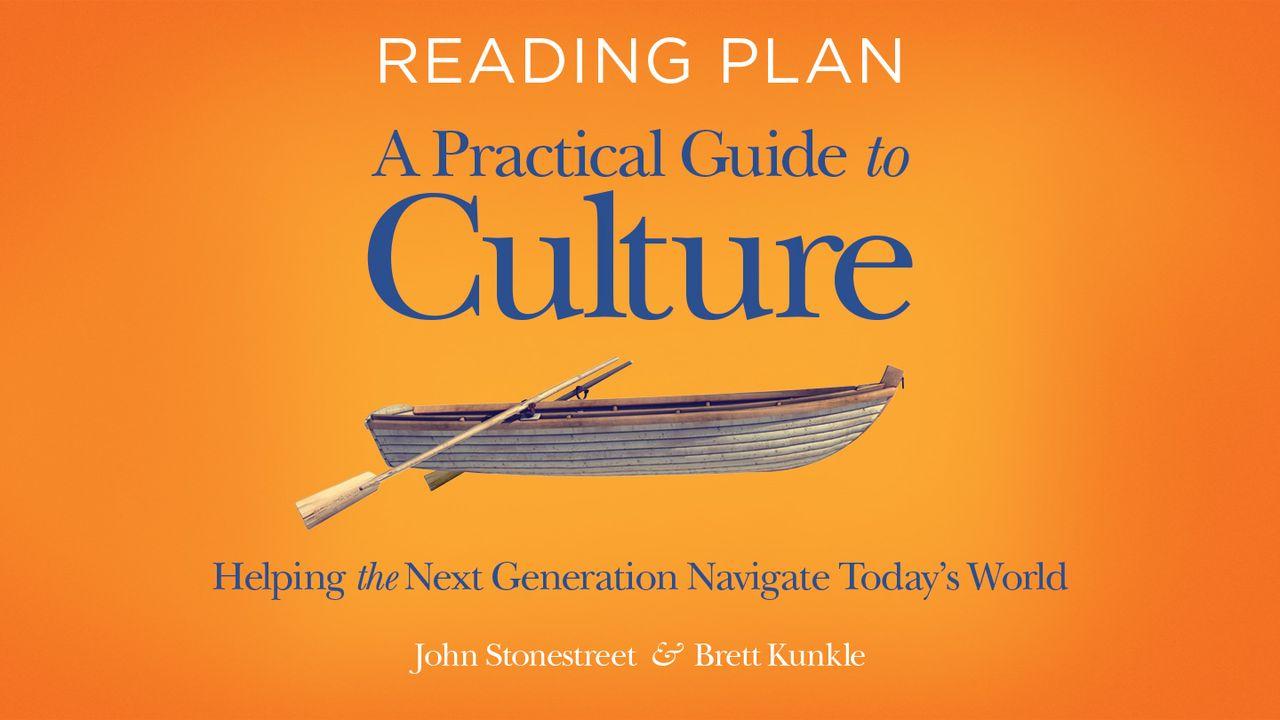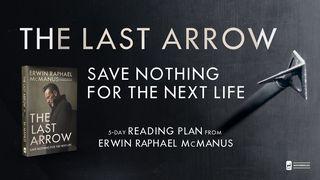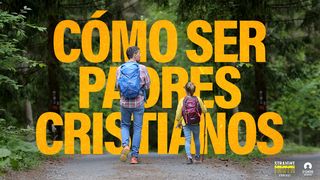Información del plan
A Practical Guide To CultureMuestra

### Shaping Worldview
“Despite all the noise of our culture, parents remain the most important voice in the lives of their children. That’s good news. And it’s good to know that church and mentors also have considerable influence. In the context of strong relationships, we can help kids form a robust, informed, and thoughtful Christian worldview. Here’s how:
1) Talk about worldview early and often. Yes, it’s a strange word, but kids need to know they have a worldview, what it is, what it should be, and how a Christian worldview is different from others. They need to know that every song, movie, television program, article, speech, tweet, post, and commercial reflect values and behavior rooted in a worldview.
2) Explain non-Christian worldviews. When ideas are named, they’re far less intimidating or powerful. Kids need the ability to identify worldviews when they encounter them. Years ago I (John) received an email from Chris, a student who attended a Summit worldview conference I led. In the email, Chris described how going to a movie with his friends was different now that he had learned about worldviews. “I tried to veg out during the movie, but I just couldn’t. As I watched it, I kept thinking, Wait a minute, that’s secular humanism, and wait a minute, that’s not true. And what do they mean by that, and how do they know that’s true! I learned that I just can’t turn this worldview thing off!” After the movie, he was able to discuss with his friends the ideas he had spotted in the film. “They thought it was really cool,” he said, “and wanted to know how I was able to see all the things in the movie that I did.”
3) Strongly encourage your kids to read good books. The saying is true: “Leaders are readers, and readers are leaders.” Kids who read good books not only learn good things; they also learn to think. Books, by design, are linear. The Internet is not. A book takes you from page 1 to page 2, then 3, and so on. There is a built-in form of cause and effect. On the other hand, start on page Google, and you go wherever Google determines.
4) Discuss ideas whenever possible. If a song lyric catches your attention in a store, talk about it. If a commercial promises that a product will bring fulfillment, talk about it. If there is a natural disaster or national tragedy, talk about it. Pause a movie and discuss the difference between the good guys and the bad guys. Share an important news item at the dinner table. Opportunities to talk about ideas are everywhere.
5) Ask good questions. Often, we’re quick to preach and instruct. We need to learn to ask good questions. Here are a few simple questions to keep handy: What do you mean by that? How do you know that’s true? What if you’re wrong?
The next generation can keep their heads and hearts above the noise. They can learn to master ideas. They can become bold champions of the truth. But they need our help.
Did you enjoy this reading plan? If so, enter to win the full book [ here ](http://www.dccpromo.com/a-practical-guide-to-culture/)
Acerca de este Plan

The cultural pressure is increasing, especially on our kids. But even in a world of ever-present screens, gender-identity questions, and addictions, kids can have clarity and confidence. We must help them.
Planes relacionados

Cómo Hacer Que tu Millennial Regrese a la Fe

La última flecha

Diferente

Pensando Pensamientos

Desbloquea Tus Decisiones

Cómo Ser Padres Cristianos

Corazón Agradecido

Cómo Llegar a Ser Un Líder en Mi Iglesia

Exploremos el libro de Hechos: El Evangelio hasta los confines de la tierra
